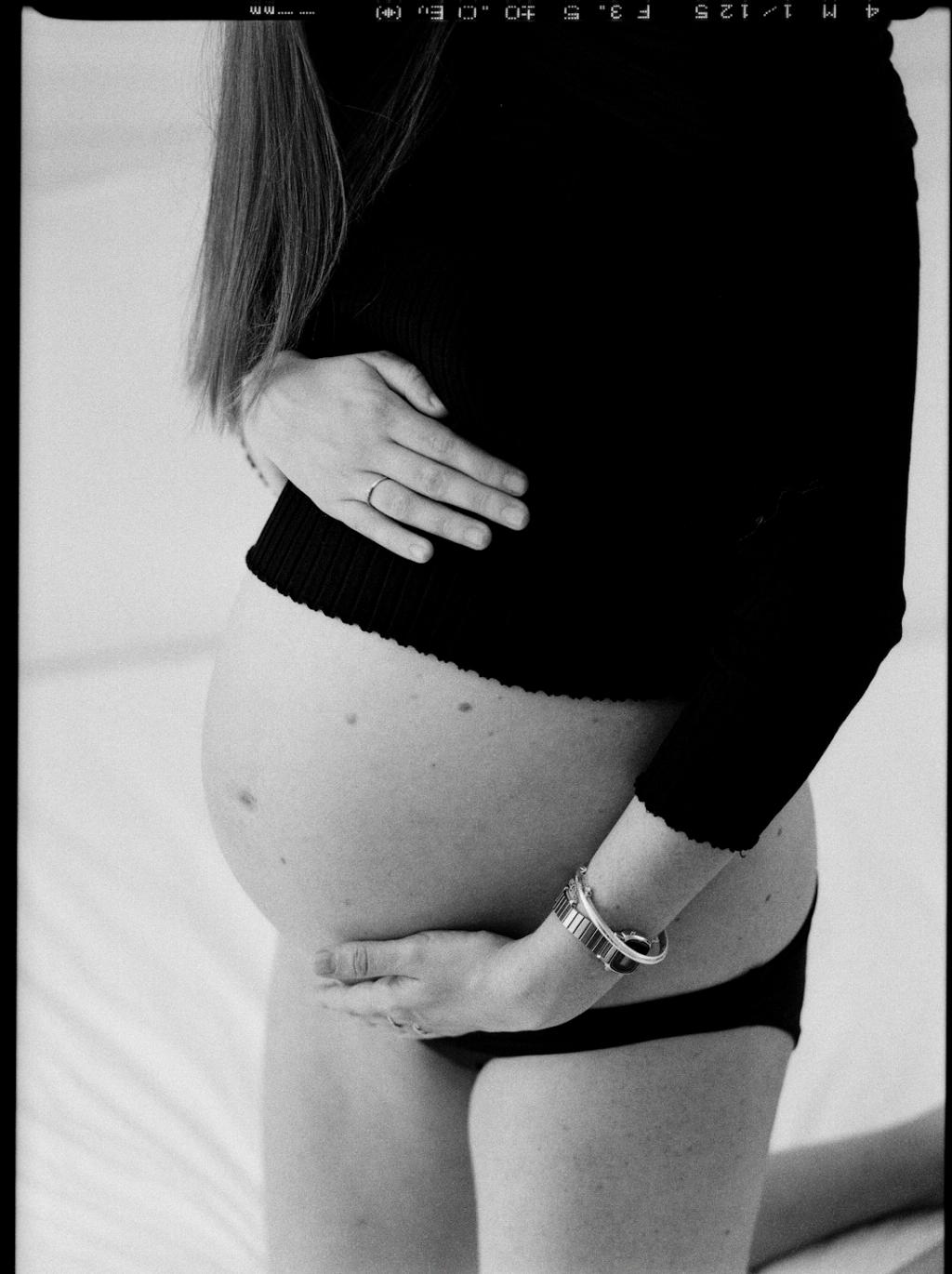As expecting mothers approach the end of their pregnancy journey, many may wonder whether getting sick at this stage is a normal occurrence. It is essential to understand that experiencing symptoms of illness towards the end of pregnancy can be pretty common.
Morning sickness, a notorious companion for many pregnant individuals, can sometimes persist well into the third trimester. In fact, research suggests that around 15% to 20% of pregnant women may continue to experience morning sickness symptoms even as they near the end of their term.
However, it’s crucial to differentiate between typical pregnancy-related vomiting and illness that may be unrelated to pregnancy. While morning sickness can last until delivery for approximately 5% of women, vomiting occurring later in pregnancy might not be directly linked to the pregnancy itself.
Various factors besides pregnancy can contribute to nausea and vomiting during the third trimester. For instance, a common cold or another type of infection could manifest symptoms that may mimic those of morning sickness or induce vomiting in pregnant individuals.
It’s important to consult with a healthcare provider if you are experiencing persistent vomiting or nausea towards the end of your pregnancy. While it can be normal to have some degree of sickness during this period, severe and prolonged symptoms should be addressed by a medical professional to rule out any underlying issues.
Dehydration can pose a significant risk if vomiting is frequent and intense. Staying hydrated is crucial during pregnancy, especially in the later stages when the body’s demands are higher due to the growing baby.
Moreover, certain conditions, such as preeclampsia, might present with symptoms like nausea, vomiting, and headaches towards the end of pregnancy. These signs could indicate a more serious underlying issue that requires immediate attention from healthcare providers.
Some women may also experience gastrointestinal disturbances as they near their due date, leading to digestive issues and discomfort. These disruptions to the digestive system can sometimes result in feelings of sickness or queasiness.
Changes in hormone levels as pregnancy advances can also impact how the body responds to various stimuli, potentially contributing to feelings of nausea and sickness. Hormonal fluctuations play a significant role throughout pregnancy and can influence a range of bodily functions.
Additionally, stress and anxiety related to impending labor and delivery can manifest physically, leading to symptoms such as nausea or digestive disturbances. Emotional well-being is closely intertwined with physical health, and addressing any concerns or fears can positively impact overall wellness.
Seeking support from loved ones, healthcare professionals, or mental health providers can help alleviate stress and anxiety, potentially reducing the likelihood of experiencing physical manifestations of emotional distress.
It’s vital for pregnant individuals to prioritize self-care and listen to their bodies, especially as they approach the end of their pregnancy. Rest, proper nutrition, hydration, and seeking medical guidance when needed are essential elements of maintaining well-being during this transformative time.
In conclusion, while experiencing sickness towards the end of pregnancy can be common, it is crucial to pay attention to the severity and duration of symptoms. Consulting with a healthcare provider and addressing any concerns promptly can ensure the health and well-being of both the expectant mother and the developing baby.

